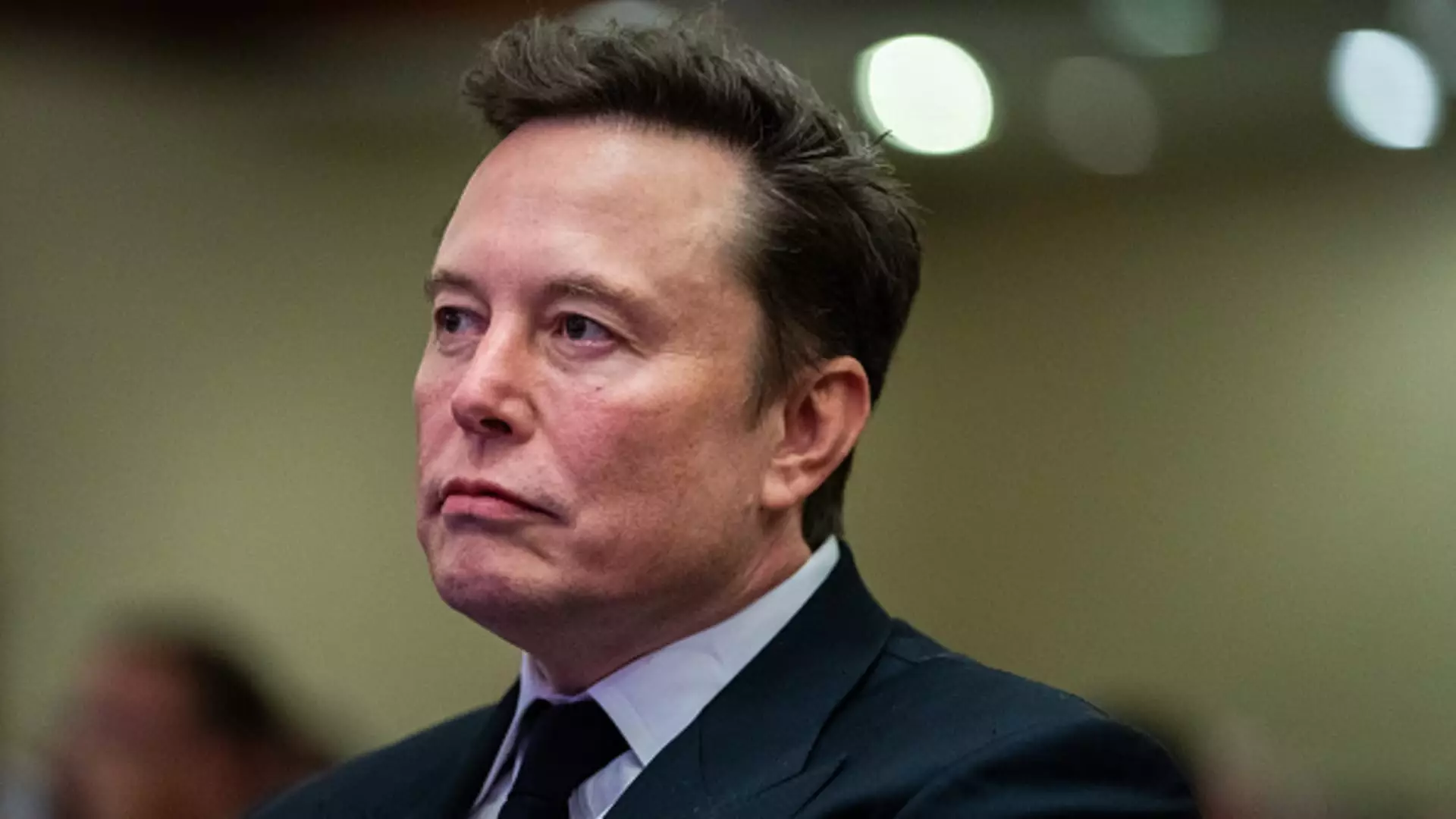In a high-profile legal battle, Elon Musk, the CEO of Tesla, faced a significant setback on Monday when a Delaware judge upheld a ruling that invalidated his controversial $56 billion compensation package. This ruling is particularly noteworthy, as it marks one of the largest executive compensation plans in U.S. corporate history. The Delaware Chancellor, Kathaleen McCormick, was instrumental in this decision, rejecting Musk’s appeal to reinstate his compensation plan, which had been deemed improperly granted.
This case is emblematic of the complex legal and ethical questions surrounding executive compensation in the corporate world. Chancellor McCormick’s previous ruling was grounded in the assertion that Musk had an excessive degree of control over Tesla. She criticized the board for failing to negotiate with integrity regarding the pay plan, labeling the approval process as “deeply flawed.” This scrutiny raises broader concerns about corporate governance and the accountability of boards to shareholders.
In the wake of McCormick’s decision, Elon Musk took to social media to express his frustration, branding the ruling “absolute corruption.” His reaction illustrates the deep-seated tension between Musk’s visionary leadership style and the regulatory frameworks that govern corporate America. Despite such setbacks, Musk’s influence remains potent, as evidenced by Tesla proceeding with a shareholder vote in June 2024, aiming to “ratify” the very compensation package that had been rejected in court.
However, the Chancellor remained unimpressed by this attempt to reshape the discussion. In her subsequent ruling, she noted that even if a shareholder vote could have a ratifying effect, it would not apply in this case due to the nature of Musk’s control over the decision-making process. This sets a critical precedent: it underscores the importance of maintaining rigorous standards for corporate governance and highlights the limitations of shareholder power in certain circumstances.
An essential component of the court’s ruling was the approval of a $345 million attorney fee award for the legal team representing Tesla’s shareholders who fought to void Musk’s pay plan. This not only underscores the financial stakes involved but also serves as an admonition to corporate executives who may seek to overreach in their compensation packages without adequate oversight. The attorneys expressed satisfaction with the ruling, emphasizing that it helps to maintain clarity and integrity in corporate governance matters.
Musk’s criticism of the Delaware judiciary and his subsequent actions to relocate Tesla’s incorporation to Texas reflect an ongoing pattern of behavior. By shifting his companies’ state of incorporation, Musk seems to be strategically distancing himself from legal challenges that he finds unfavorable. Such maneuvers may signal a broader trend in the business world, where executives seek jurisdictions perceived to be more favorable to their interests.
Despite these legal tribulations, Musk’s financial situation has markedly improved in recent weeks. His net worth surged by over $43 billion following Donald Trump’s recent election, buoyed by a 42% increase in Tesla shares during the same period. This dramatic rise in valuation not only underscores the volatility of the stock market but also suggests a promising synergy between Musk’s leadership style and the political landscape.
Moreover, with Tesla stock worth nearly $150 billion according to recent closing prices, Musk’s holdings continue to solidify his status among the world’s wealthiest individuals. Even though the legal defeat over his 2018 compensation package looms large, Musk’s financial future appears far from bleak. Interestingly, if the 2018 compensation package were to have been valued at today’s stock prices, it would have soared to an estimated worth of $101.4 billion, further emphasizing the disparity between Musk’s vision for Tesla and the legal realities he faces.
The ongoing saga of Elon Musk’s compensation plan illuminates the intricate dynamics between authority, governance, and accountability within major corporations. As Musk attempts to navigate the tumultuous waters of corporate oversight, this case serves as a critical reminder of the essential role robust governance plays in ensuring fairness and protecting shareholder interests. The implications of Chancellor McCormick’s ruling extend beyond Musk and Tesla; they resonate across corporate America, challenging executives to consider with greater seriousness the standards to which they are held accountable. In a landscape increasingly defined by scrutiny and regulation, the fight for ethical corporate governance is far from over.


Leave a Reply